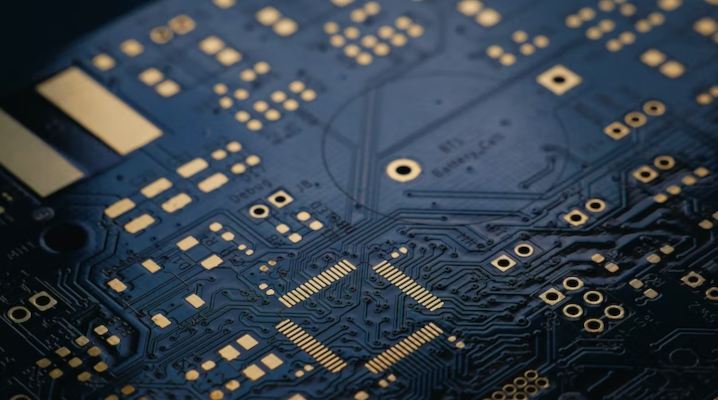 POLICY
POLICY
 POLICY
POLICY
 POLICY
POLICY
Taiwan Semiconductor Manufacturing Co. Ltd. has received temporary approval from the U.S. Commerce Department to send advanced chipmaking gear to its fab in China, Bloomberg reported today.
According to Tom’s Hardware, the approval is valid for a year and applies to chipmaking gear made by U.S. companies. In a statement, TSMC told the publication that it expects to receive permanent authorization further down the road. It expects the authorization will be provided through a program run by the Commerce Department’s Bureau of Industry and Security, which is responsible for export controls.
TSMC requires the regulatory authorization because the U.S. last year placed restrictions on the export of advanced chipmaking gear to China. The restrictions apply to tools that can be used to make chips based on the FinFET transistor design, which powers practically all modern processors. Tools that can be used to make certain advanced flash chips are also covered under the rules.
TSMC is the world’s largest contract chip manufacturer. It makes the 16 billion-transistor A16 Bionic processor that powers the latest iPhones. The company also produces Nvidia Corp.’s flagship H100 graphics cards, some Intel Corp. processor components and a range of other products.
Its newest chip production lines are based on a three-nanometer process. Compared with the company’s previous-generation technology, the process makes it possible to produce chips with up to 30% higher power efficiency and 15% faster performance. TSMC began making three-nanometer chips last year for early adopters and has since added dozens of additional customers.
According to Bloomberg, the Commerce Department’s newly issued authorization will allow TSMC to send advanced chipmaking gear to its fab in Nanjing, China. The fab makes chips based on 16-nanometer technology. This technology is significantly less advanced than the three-nanometer process that powers TSMC’s newest production lines.
Reuters reported that Samsung Electronics Co. Ltd., a top TSMC competitor, was earlier “effectively granted an indefinite waiver” to send advanced chipmaking gear to its facilities in China. SK hynix Inc., a major maker of memory chips, is said to have received a similar authorization.
Shortly after the restrictions on the export of chipmaking gear to China were introduced last year, the Commerce Department rolled out a similar set of curbs focused on advanced artificial intelligence chips. Those curbs apply to Nvidia’s A100 and H100 graphics cards, as well as certain Advanced Micro Devices Inc. products.
Reuters today cited sources as saying that the Biden administration is exploring ways to tighten the AI chip export restrictions. In particular, the effort is said to be focused on closing a loophole that allows Chinese companies to obtain advanced AI chips via overseas subsidiaries. Previously, the Wall Street Journal reported in June that U.S. officials are considering extending the export curbs to additional Nvidia graphics cards.
Support our open free content by sharing and engaging with our content and community.
Where Technology Leaders Connect, Share Intelligence & Create Opportunities
SiliconANGLE Media is a recognized leader in digital media innovation serving innovative audiences and brands, bringing together cutting-edge technology, influential content, strategic insights and real-time audience engagement. As the parent company of SiliconANGLE, theCUBE Network, theCUBE Research, CUBE365, theCUBE AI and theCUBE SuperStudios — such as those established in Silicon Valley and the New York Stock Exchange (NYSE) — SiliconANGLE Media operates at the intersection of media, technology, and AI. .
Founded by tech visionaries John Furrier and Dave Vellante, SiliconANGLE Media has built a powerful ecosystem of industry-leading digital media brands, with a reach of 15+ million elite tech professionals. The company’s new, proprietary theCUBE AI Video cloud is breaking ground in audience interaction, leveraging theCUBEai.com neural network to help technology companies make data-driven decisions and stay at the forefront of industry conversations.